Essential Oil Home Cleaning Hacks: Unlock the power of nature and transform your cleaning routine! Are you tired of harsh chemicals and overpowering artificial scents in your cleaning products? I know I was! For centuries, cultures around the globe have harnessed the potent properties of essential oils for medicinal and aromatic purposes. Now, we can bring that ancient wisdom into our homes to create effective and delightfully fragrant cleaning solutions.
Imagine a home that sparkles with cleanliness, infused with the uplifting scents of lemon, lavender, or eucalyptus – all without a single synthetic ingredient. That’s the magic of essential oil home cleaning hacks! This article is your ultimate guide to ditching the toxins and embracing a natural, eco-friendly approach to keeping your living space fresh and healthy.
Why should you switch to DIY essential oil cleaning? Because it’s not just about a clean home; it’s about a healthier lifestyle. Many commercial cleaners contain harmful chemicals that can irritate your skin, lungs, and even disrupt your hormones. With these simple, cost-effective recipes, you can create powerful cleaning solutions that are safe for your family, your pets, and the environment. Let’s dive in and discover the secrets to a naturally clean and fragrant home!
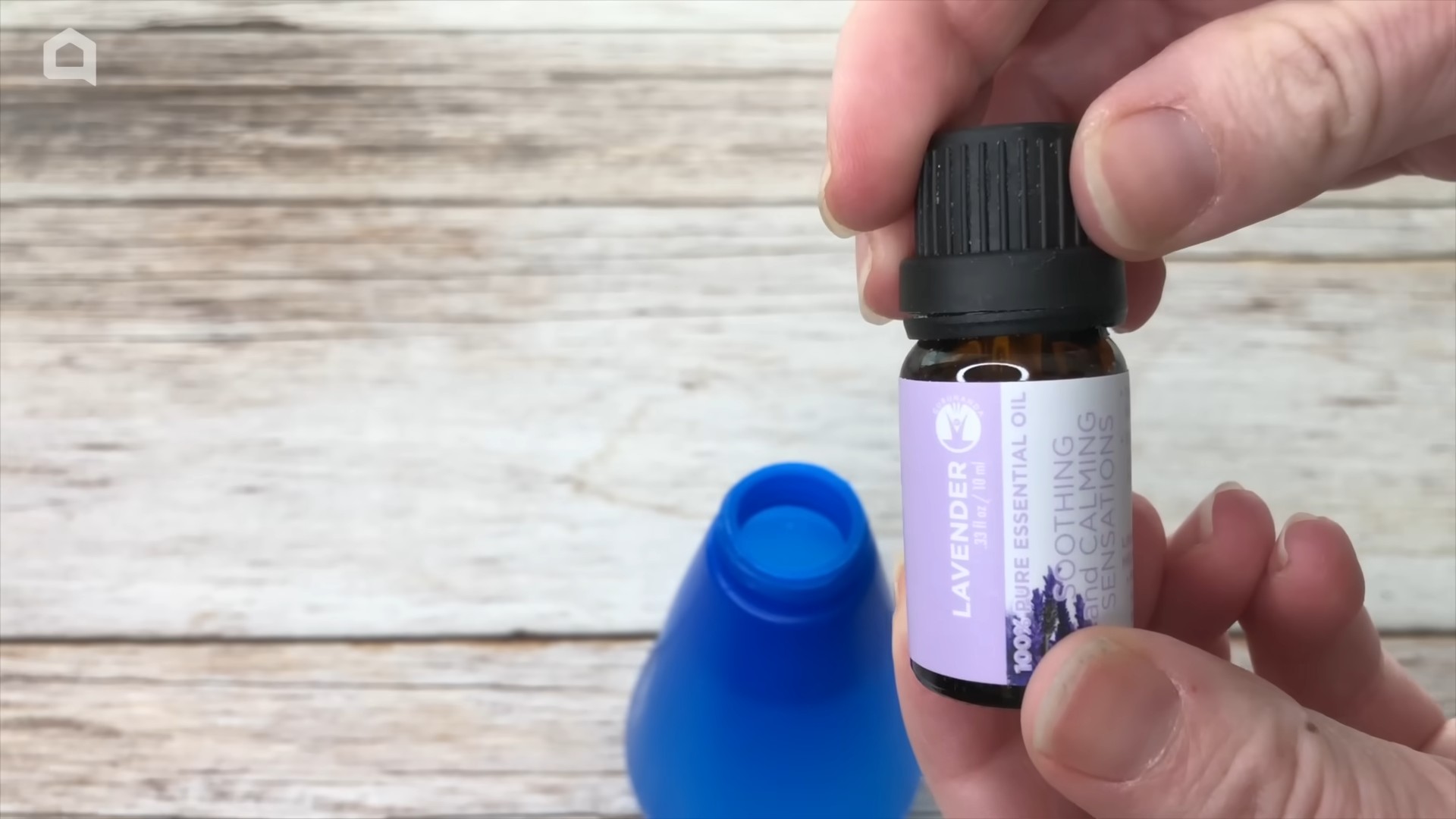
DIY Essential Oil Cleaning Hacks: A Fresh & Natural Home
Hey there, fellow cleaning enthusiasts! I’m so excited to share some of my favorite DIY cleaning hacks using essential oils. Not only do they smell amazing, but they’re also a fantastic way to ditch harsh chemicals and create a healthier home environment. Let’s get started!
Why Essential Oils for Cleaning?
Before we dive into the recipes, let’s quickly chat about why essential oils are such a great addition to your cleaning routine.
* Natural Disinfectants: Many essential oils possess antibacterial, antiviral, and antifungal properties. Think tea tree, lavender, eucalyptus, and lemon!
* Aromatic Benefits: Forget that artificial “clean” scent. Essential oils provide a natural and uplifting fragrance that can boost your mood while you clean.
* Eco-Friendly: By using essential oils, you’re reducing your reliance on synthetic chemicals that can be harmful to the environment.
* Cost-Effective: A little goes a long way! A few drops of essential oil can transform your cleaning solutions.
All-Purpose Cleaner
This is my go-to cleaner for almost everything! It’s perfect for countertops, sinks, appliances, and even floors (with a little modification, which I’ll explain later).
What You’ll Need:
* 16 oz Spray Bottle
* 1 cup Distilled White Vinegar
* 1 cup Water (Distilled is best, but tap water works too)
* 15-20 drops Essential Oils (I love a blend of lemon, lavender, and tea tree)
Step-by-Step Instructions:
1. Combine Ingredients: In your spray bottle, pour in the distilled white vinegar and water.
2. Add Essential Oils: Add your chosen essential oils. I usually go for about 5-7 drops of each oil, but feel free to adjust to your preference.
3. Shake Well: Secure the spray nozzle and shake the bottle vigorously to combine all the ingredients.
4. Spray and Wipe: Spray the solution onto the surface you want to clean and wipe with a clean cloth or sponge.
Important Notes:
* Always test the cleaner on an inconspicuous area first, especially on delicate surfaces like wood or granite.
* Avoid using vinegar on natural stone surfaces like marble, as it can etch the stone.
* For a stronger disinfectant, you can increase the amount of vinegar.
* Store in a cool, dark place to preserve the essential oils.
Glass Cleaner
Say goodbye to streaks with this simple and effective glass cleaner!
What You’ll Need:
* 16 oz Spray Bottle
* 1/4 cup Distilled White Vinegar
* 2 cups Water (Distilled is best)
* 5-10 drops Lemon Essential Oil (or any citrus oil)
Step-by-Step Instructions:
1. Combine Ingredients: In your spray bottle, combine the distilled white vinegar and water.
2. Add Essential Oil: Add the lemon essential oil. Lemon is great for cutting through grime and leaving a sparkling shine.
3. Shake Well: Secure the spray nozzle and shake the bottle well to mix.
4. Spray and Wipe: Spray the solution onto your windows or mirrors and wipe with a microfiber cloth for a streak-free finish.
Tips for Sparkling Glass:
* Use a clean, dry microfiber cloth.
* Fold the cloth into quarters and use a fresh section for each wipe.
* Avoid cleaning glass in direct sunlight, as the cleaner can dry too quickly and leave streaks.
Toilet Bowl Cleaner
This natural toilet bowl cleaner is a powerful and refreshing alternative to harsh chemical cleaners.
What You’ll Need:
* 1/2 cup Baking Soda
* 10-15 drops Tea Tree Essential Oil (or a blend of tea tree and eucalyptus)
* 1/2 cup Distilled White Vinegar
Step-by-Step Instructions:
1. Sprinkle Baking Soda: Sprinkle the baking soda into the toilet bowl, making sure to cover the entire surface.
2. Add Essential Oil: Add the tea tree essential oil to the baking soda. Tea tree is a potent disinfectant and has a refreshing scent.
3. Pour in Vinegar: Slowly pour the distilled white vinegar into the toilet bowl. You’ll see a fizzing reaction, which is perfectly normal and helps to loosen grime.
4. Let it Sit: Let the mixture sit for at least 15-20 minutes, or even longer for heavily soiled toilets.
5. Scrub and Flush: Scrub the toilet bowl with a toilet brush and then flush.
Extra Tip:
* For extra cleaning power, you can add a few drops of lemon essential oil to the mixture.
Floor Cleaner
Keep your floors sparkling clean and smelling fresh with this DIY floor cleaner. This recipe is safe for most sealed floors, but always test in an inconspicuous area first.
What You’ll Need:
* Bucket
* 1 gallon Warm Water
* 1/4 cup Distilled White Vinegar
* 10-15 drops Essential Oils (I like a blend of lemon and lavender)
Step-by-Step Instructions:
1. Combine Ingredients: Fill your bucket with warm water.
2. Add Vinegar: Add the distilled white vinegar to the water.
3. Add Essential Oils: Add your chosen essential oils.
4. Mop Your Floors: Dip your mop into the solution and wring out the excess water. Mop your floors as usual.
5. Let Air Dry: Allow your floors to air dry.
Important Considerations:
* Wood Floors: For wood floors, use less water and vinegar to prevent damage. You can also add a tablespoon of olive oil to the mixture for extra shine.
* Laminate Floors: This cleaner is generally safe for laminate floors, but always test in an inconspicuous area first.
* Stone Floors: Avoid using vinegar on natural stone floors like marble, as it can etch the stone. Instead, use a mild dish soap and water with essential oils.
Furniture Polish
Revive your wooden furniture with this natural and nourishing furniture polish.
What You’ll Need:
* 1/4 cup Olive Oil
* 1 tablespoon Lemon Juice
* 5-10 drops Cedarwood Essential Oil (or orange essential oil)
* Soft Cloth
Step-by-Step Instructions:
1. Combine Ingredients: In a small bowl, combine the olive oil, lemon juice, and cedarwood essential oil.
2. Apply to Furniture: Dip a soft cloth into the mixture and apply a thin layer to your wooden furniture.
3. Buff: Use a clean, dry cloth to buff the furniture until it shines.
Why This Works:
* Olive oil nourishes and protects the wood.
* Lemon juice helps to remove grime and adds shine.
* Cedarwood essential oil provides a pleasant scent and helps to repel insects.
Laundry Booster
Boost the cleaning power of your laundry and add a fresh scent with essential oils.
What You’ll Need:
* 1 cup Washing Soda
* 1/2 cup Borax (optional, for extra cleaning power)
* 20-30 drops Essential Oils (I love lavender, lemon, or tea tree)
Step-by-Step Instructions:
1. Combine Ingredients: In a large bowl, combine the washing soda and borax (if using).
2. Add Essential Oils: Add your chosen essential oils and mix well.
3. Store: Store the mixture in an airtight container.
4. Use: Add 1-2 tablespoons of the laundry booster to your washing machine along with your regular detergent.
Essential Oil Suggestions:
* Lavender: For a calming and relaxing scent.
* Lemon: For a fresh and uplifting scent.
* Tea Tree: For its antibacterial properties.
* Eucalyptus: For a refreshing and invigorating scent.
DIY Disinfectant Wipes
These reusable disinfectant wipes are a great alternative to disposable wipes and are perfect for quick cleanups.
What You’ll Need:
* Glass Jar or Container with Lid
* 10-15 Washcloths or Cut-Up T-Shirts
* 1 cup Water
* 1/4 cup Distilled White Vinegar
* 10-15 drops Essential Oils (Tea Tree, Lavender, Lemon)
Step-by-Step Instructions:
1. Prepare the Wipes: Fold or roll the washcloths and place them in the glass jar.
2. Combine the Solution: In a separate bowl, combine the water, distilled white vinegar, and essential oils.
3. Pour Over Wipes: Pour the solution over the washcloths in
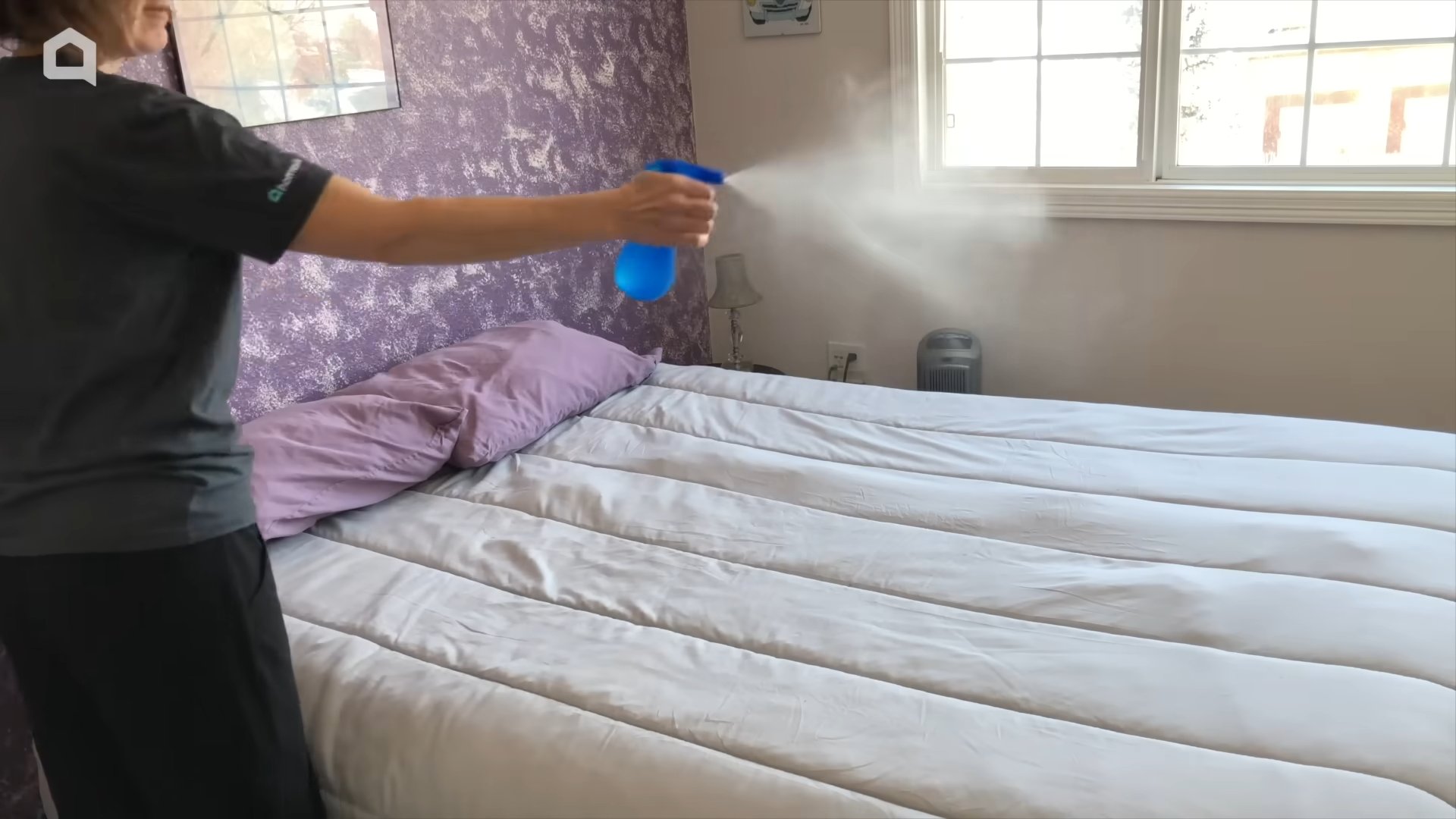
Conclusion
So, there you have it! Ditching harsh chemicals and embracing the power of essential oils for your home cleaning is not just a trend; it’s a transformative shift towards a healthier, more sustainable lifestyle. We’ve explored a range of simple yet effective DIY cleaning solutions, each infused with the natural antibacterial, antiviral, and fragrant properties of essential oils. From tackling stubborn grime in the bathroom to refreshing your living room with a burst of citrus, these hacks offer a compelling alternative to conventional cleaning products.
Why is this a must-try? Because it’s about more than just cleaning. It’s about creating a home environment that nurtures your well-being. It’s about reducing your exposure to potentially harmful chemicals that can irritate your skin, trigger allergies, and even contribute to long-term health problems. And it’s about making a conscious choice to support a more eco-friendly approach to household chores. Plus, let’s be honest, the delightful aromas of essential oils are a welcome change from the often-overpowering and artificial scents of commercial cleaners.
But the beauty of these DIY cleaning solutions lies in their adaptability. Feel free to experiment with different essential oil combinations to find your perfect cleaning blend. Love the invigorating scent of peppermint? Add a few drops to your all-purpose cleaner for an extra boost of freshness. Prefer a more calming aroma? Lavender and chamomile are excellent choices for creating a relaxing atmosphere while you clean. You can also adjust the ratios of ingredients to suit your specific needs and preferences. For instance, if you’re dealing with particularly stubborn stains, you might want to increase the concentration of vinegar or baking soda in your cleaning solution.
Consider these variations to personalize your cleaning routine:
* Citrus Powerhouse: Combine lemon, orange, and grapefruit essential oils for a powerful degreaser and disinfectant, perfect for kitchen surfaces.
* Eucalyptus Blast: Use eucalyptus essential oil in your bathroom cleaner to help clear congestion and create a spa-like atmosphere.
* Tea Tree Triumph: Add tea tree essential oil to your laundry detergent for its potent antibacterial properties, especially beneficial for washing towels and bedding.
* Herbal Harmony: Blend rosemary, thyme, and sage essential oils for a refreshing and invigorating all-purpose cleaner.
Ultimately, the best way to discover the magic of essential oil home cleaning hacks is to try them for yourself. We encourage you to start with one or two of the recipes we’ve shared and see the difference they can make in your home. Not only will you be creating a cleaner, healthier living space, but you’ll also be embarking on a journey of natural wellness and sustainable living.
We’re confident that you’ll be amazed by the effectiveness and versatility of these DIY cleaning solutions. So, grab your essential oils, gather your ingredients, and get ready to transform your cleaning routine. And most importantly, we want to hear about your experiences! Share your favorite essential oil combinations, your cleaning tips, and any variations you’ve discovered in the comments below. Let’s create a community of natural cleaning enthusiasts and inspire others to embrace the power of essential oils for a healthier home and a healthier planet.
FAQ
What are the benefits of using essential oils for cleaning compared to commercial cleaners?
Essential oils offer several advantages over conventional cleaning products. Firstly, they are a natural alternative, free from harsh chemicals, synthetic fragrances, and potentially harmful additives that can irritate the skin, trigger allergies, and contribute to respiratory problems. Secondly, many essential oils possess potent antibacterial, antiviral, and antifungal properties, making them effective disinfectants and sanitizers. Thirdly, essential oils provide a natural and pleasant aroma, creating a more enjoyable cleaning experience and leaving your home smelling fresh and clean without the use of artificial fragrances. Finally, using essential oils for cleaning is a more sustainable and eco-friendly option, reducing your reliance on plastic packaging and minimizing your exposure to potentially harmful chemicals that can pollute the environment.
Are all essential oils safe to use for cleaning?
While most essential oils are generally safe for cleaning when used properly, it’s essential to exercise caution and follow safety guidelines. Some essential oils can be irritating to the skin or mucous membranes, especially in concentrated form. Always dilute essential oils with a carrier oil or water before applying them to surfaces. Avoid using essential oils on delicate surfaces that may be damaged by the oil. Keep essential oils out of reach of children and pets. If you have any allergies or sensitivities, perform a patch test before using a new essential oil. Some essential oils, such as citrus oils, can make surfaces more sensitive to sunlight.
How do I properly dilute essential oils for cleaning?
The proper dilution ratio for essential oils depends on the specific oil and the intended use. A general guideline is to use 10-15 drops of essential oil per cup of water or carrier oil. For stronger cleaning solutions, you can increase the concentration to 20-30 drops per cup. Always start with a lower concentration and gradually increase it as needed. When making all-purpose cleaners, a good starting point is 10 drops of essential oil per ounce of water. For disinfecting surfaces, you can use a higher concentration of essential oil, such as 20 drops per ounce of water. Remember to shake the mixture well before each use to ensure that the essential oil is properly dispersed.
Can I use essential oils to clean all types of surfaces?
While essential oils are generally safe for most surfaces, it’s essential to exercise caution when cleaning delicate or porous materials. Avoid using essential oils on polished wood, marble, granite, or other surfaces that may be damaged by the oil. Always test the cleaning solution on a small, inconspicuous area before applying it to the entire surface. Some essential oils, such as citrus oils, can be acidic and may etch or discolor certain surfaces. When cleaning fabrics, be sure to dilute the essential oil properly and avoid using it on delicate or light-colored materials that may stain.
What are the best essential oils for cleaning specific areas of the home?
The best essential oils for cleaning depend on the specific area of the home and the desired effect. For the kitchen, lemon, orange, and grapefruit essential oils are excellent degreasers and disinfectants. Tea tree and eucalyptus essential oils are effective for cleaning bathrooms due to their antibacterial and antifungal properties. Lavender and chamomile essential oils are ideal for creating a relaxing atmosphere in the bedroom. Peppermint essential oil can be used to freshen up the living room and boost energy levels. For laundry, tea tree and lavender essential oils are great for disinfecting and adding a pleasant scent.
How do I store DIY essential oil cleaning solutions?
Store DIY essential oil cleaning solutions in airtight, dark-colored glass bottles to protect the essential oils from light and oxidation. Label the bottles clearly with the ingredients and date of preparation. Keep the bottles in a cool, dry place away from direct sunlight and heat. Essential oil cleaning solutions typically have a shelf life of 3-6 months. If the solution starts to smell rancid or change color, discard it.
Are essential oil cleaning solutions safe for pets?
While some essential oils are safe for pets when used properly, others can be toxic. Avoid using essential oils that are known to be harmful to pets, such as tea tree oil, pennyroyal, wintergreen, and pine. When using essential oils around pets, always dilute them properly and ensure that the area is well-ventilated. Never apply essential oils directly to your pet’s skin or fur. If you notice any signs of distress or adverse reactions in your pet, discontinue use immediately and consult with a veterinarian. It’s always best to err on the side of caution and research the safety of specific essential oils before using them around pets.
Can I mix different essential oils for cleaning?
Yes, you can mix different essential oils for cleaning to create custom blends that suit your specific needs and preferences. When blending essential oils, consider their individual properties and aromas to create a synergistic effect. Some popular essential oil blends for cleaning include lemon and tea tree for disinfecting, lavender and eucalyptus for relaxation, and orange and peppermint for energy. Experiment with different combinations to find your favorite blends.
Where can I buy high-quality essential oils for cleaning?
You can purchase high-quality essential oils from a variety of sources, including health food stores, online retailers, and direct-selling companies. Look for essential oils that are 100% pure, therapeutic grade, and GC/MS tested to ensure their quality and purity. Read reviews and compare prices before making a purchase. Choose reputable brands that are transparent about their sourcing and manufacturing processes.
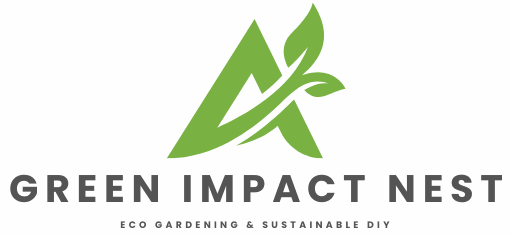
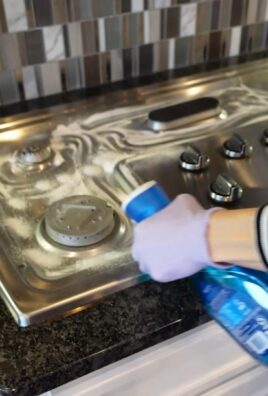

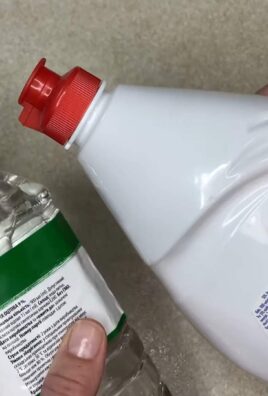
Leave a Comment